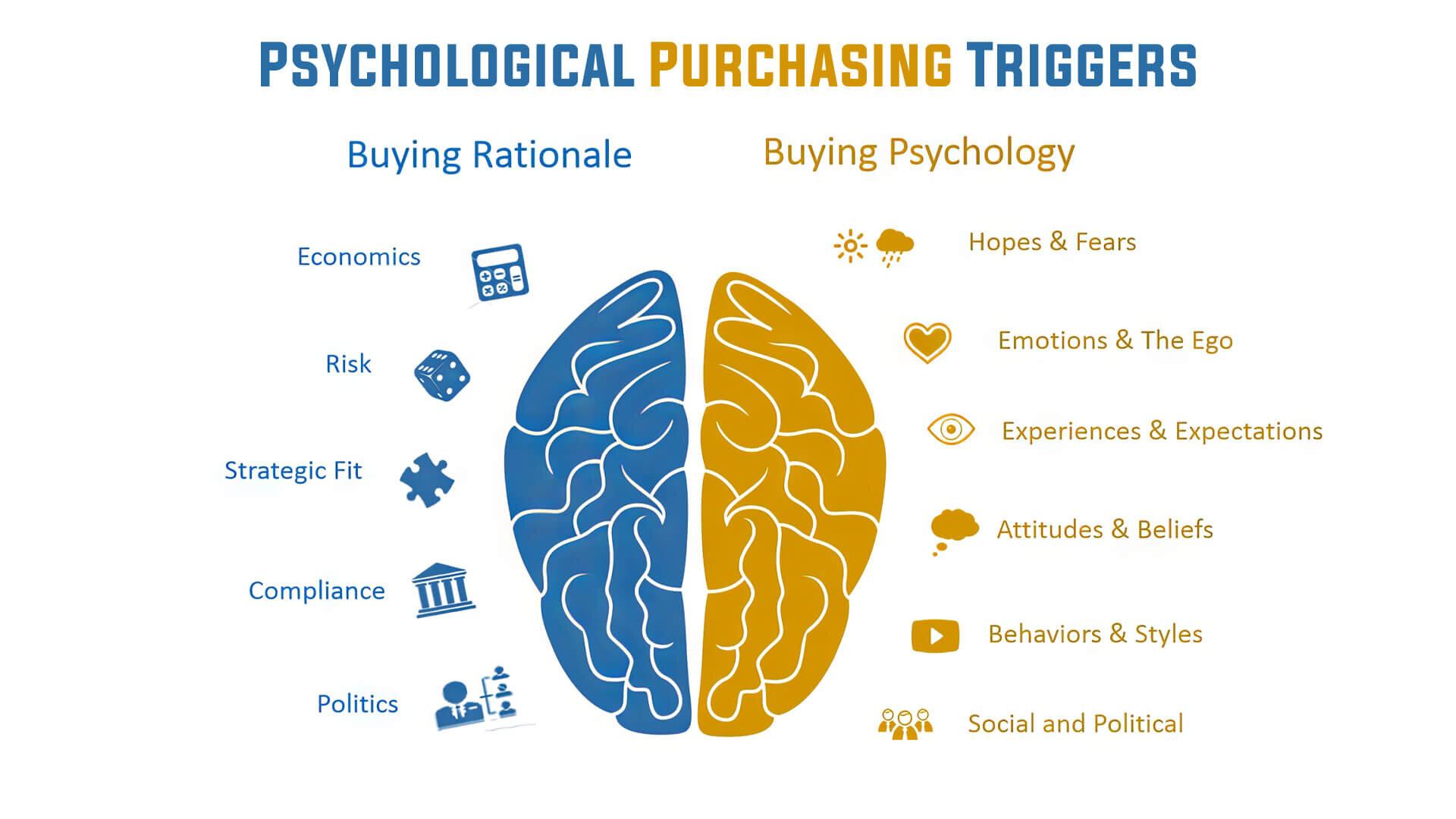Navigating the complexities of a relationship can often feel like walking a tightrope, where maintaining balance is key to ensuring a harmonious partnership. Whether you’re facing minor disagreements or more profound challenges, staying calm is essential for fostering understanding and resolution. In this guide, we will explore effective strategies to help you remain composed during those trying times, enabling you to approach conflicts with clarity and empathy. By mastering these techniques, you’ll not only strengthen your bond but also cultivate a more resilient and fulfilling relationship. Let’s dive into the art of staying calm amidst relationship challenges and discover how tranquility can be your greatest ally.
Understanding Emotional Triggers and Responses
When navigating the turbulent waters of relationship challenges, understanding your emotional landscape can be the anchor that keeps you steady. Emotional triggers are stimuli that elicit strong emotional reactions, often linked to past experiences or deeply held beliefs. Recognizing these triggers is the first step towards maintaining composure. Consider the following strategies:
- Self-awareness: Regularly reflect on situations that provoke intense emotions. Journaling can be a helpful tool to identify patterns.
- Mindfulness: Practice being present. Techniques like deep breathing and meditation can help you respond rather than react.
- Healthy communication: Express your feelings calmly and assertively. Use “I” statements to own your emotions and avoid blame.
By integrating these practices into your daily routine, you can transform your emotional responses from impulsive reactions to thoughtful reflections, fostering a more harmonious relationship environment.

Effective Communication Techniques for Conflict Resolution
- Active Listening: One of the most critical skills in defusing tension is genuinely hearing the other person’s perspective. This means putting aside your response until they have finished speaking. Use non-verbal cues like nodding and maintaining eye contact to show you are engaged. Rephrase what they’ve said to ensure clarity and demonstrate understanding.
- Mindful Breathing: During heated exchanges, your body might respond with increased heart rate and shallow breathing. Counteract this by practicing deep, mindful breathing. Inhale slowly through your nose, hold for a moment, and exhale through your mouth. This technique helps reduce stress and allows you to approach the conversation with a calmer mindset.
- Use “I” Statements: Express your feelings and needs without placing blame. Instead of saying “You never listen to me,” try “I feel unheard when my opinions are dismissed.” This subtle shift in language can significantly decrease defensiveness and open up a path to more productive dialogue.
- Set Boundaries: Recognize when the conversation is becoming unproductive. It’s okay to pause and suggest revisiting the topic later when both parties are calmer. This can prevent escalation and ensure the discussion remains respectful and solution-focused.
Remember, the goal is not to “win” the argument but to reach a mutual understanding and resolution. By employing these strategies, you create a safe space for open dialogue, fostering a more harmonious and supportive relationship.

Practicing Mindfulness and Stress-Relief Strategies
In the midst of relationship challenges, maintaining a sense of calm can seem like an uphill battle. However, by incorporating mindfulness and stress-relief strategies into your daily routine, you can navigate these turbulent times with greater ease. Start by establishing a daily meditation practice, even if it’s just for a few minutes each day. This can help center your thoughts and provide clarity when emotions run high. Pair this with deep-breathing exercises to reduce immediate stress, allowing you to respond to conflicts more thoughtfully.
Consider integrating the following practices into your life:
- Mindful Listening: Pay full attention to your partner when they speak, without planning your response. This fosters deeper understanding and connection.
- Gratitude Journaling: Regularly write down things you appreciate about your partner. This shifts focus from negative aspects to positive ones.
- Progressive Muscle Relaxation: Tense and then relax different muscle groups to release physical tension linked to stress.
- Nature Walks: Spend time in nature to clear your mind and gain perspective, promoting a calm and balanced outlook.
By weaving these strategies into your life, you create a buffer against stress, allowing your relationship to thrive even amidst challenges.

Building Resilience and Strengthening Emotional Bonds
In the midst of relationship challenges, it’s essential to cultivate resilience and nurture emotional bonds to ensure both partners feel supported and understood. Begin by fostering open communication. This means actively listening and showing empathy, allowing your partner to express their thoughts without interruption. Encourage vulnerability by creating a safe space where both of you can share feelings and concerns without fear of judgment.
- Practice mindfulness: Engage in activities like meditation or deep-breathing exercises to maintain calmness and focus.
- Set healthy boundaries: Clearly define personal space and limits to prevent misunderstandings.
- Prioritize quality time: Schedule regular moments together to reinforce your connection and share positive experiences.
- Express gratitude: Regularly acknowledge and appreciate your partner’s efforts and qualities, which strengthens emotional ties.
By integrating these strategies, you can build a resilient relationship that not only withstands challenges but emerges stronger from them.




